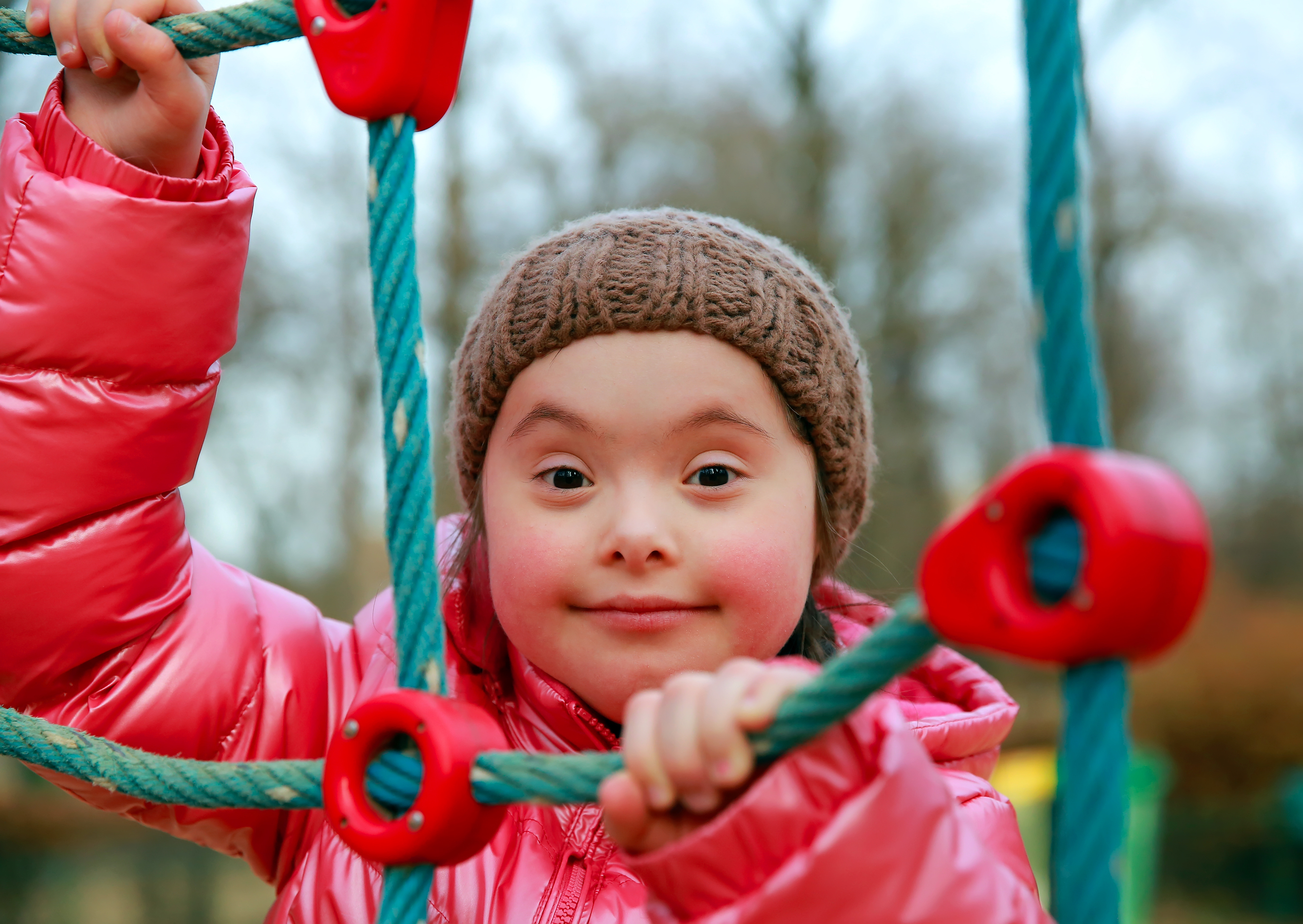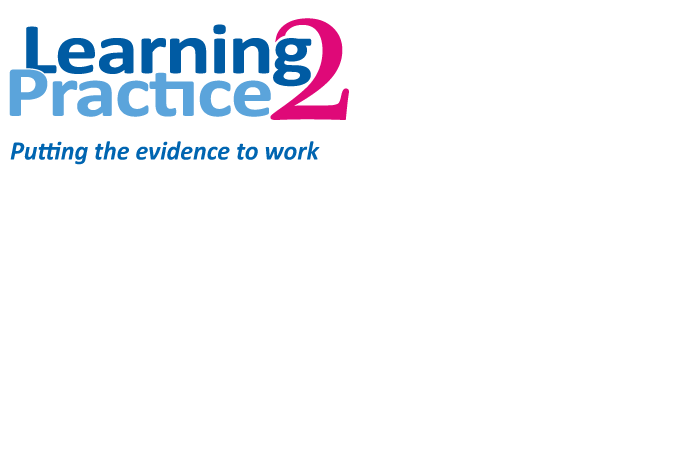Learning2Practice: Strategies for Success; The Cognitive Orientation to daily Occupational Performance Approach (CO-OP).
18/19 July 2024 . Cost £475
1. Course Summary and trainers
This training offers an opportunity for occupational therapists and physiotherapists working with adults and/or children (over 4 years) with developmental or neurological conditions to learn the CO-OP Approach. CO-OP enables skill acquisition, problem solving and generalisation and transfer of skills to the real world in a variety of rehabilitation populations, including DCD, acquired brain injury, cerebral palsy, dystonia, and stroke.
Dr. Hortensia Gimeno, Associate Director for Therapies (Research) Barts Health NHS Trust, is an Occupational therapist with a background in community paediatrics and currently conducts research and works with young people with dystonia at the Evelina children’s Hospital London.
Anne Corbett MSc, trainer and an independent occupational therapist, Associate of Better Communication CIC. Previously a therapy manager within the NHS who 25 years experience working with a paediatric population in the community .
Who is this course for?
For registered health professionals, this live training offers an opportunity for occupational therapists and physiotherapists working with adults and children (OVER 4 YEARS of age) with neurological or developmental conditions to learn the CO-OP Approach.
What does CO-OP do?
CO-OP enables skill acquisition, problem solving and generalization and transfer of skills to the real world in a variety of rehabilitation populations, including developmental coordination disorder, autism, acquired brain injury, cerebral palsy, dystonia and stroke.
2. Course Content
You will be introduced to the basics of CO-OP and provided with a foundation for its application to adult and children/youth populations.
To learn:
The rationale for using cognitive task orientated approaches
The evidence for CO-OP
The seven key features of CO-OP including dynamic performance analysis, guided discovery, and cognitive strategy use.
To experience:
The use of dynamic performance analysis
The use of global and domain specific strategies
The use of guided discovery
An evidence-based framework for practice
To Implement:
The second stage is an on-line consolidation session that occurs 3-4 months after the initial workshops. Participants will be allocated to attend either an AM or PM session.
After practicing CO-OP in your own clinical setting, you will return to present a case study, discuss successes and challenges with implementing CO-OP, and have an opportunity for further practice of the areas presenting the greatest challenge.
For further information on the CO-OP approach including research publication visit:


